Autumn is in full swing and many people in Germany are planning trips to enjoy some well-earned time off work over the upcoming Herbstferien.
But what happens if your child misses a day or two – or even longer – of school to go on holiday with the family?
The short answer is that skipping school with no justified reason is not allowed, and Germany has some strict rules on this.
In Germany there is a Schulpflicht (school obligation), which means that children are required to go to school and participate in lessons.
By law that means parents can’t take their children out of school to travel – at least outside of the designated school breaks, which vary from state to state.
If they do so without prior agreement, they could face fines and even imprisonment in severe cases.
Police in Germany do at times patrol airports to check that families are not breaking the rules.
According to Rhineland-Palatinate broadcaster RPR1, some families in Bavaria experienced this first-hand earlier this year. They were caught by police landing at Memmingen airport with school-age children on the first day of school after the holidays – without having a school exemption for the children.
German travel publication Travelbook got in touch with some states for more information on whether parents can take their children out of school for travel.
“Parents are not allowed to take their children to travel out of school, because vacation trips are not justified except in exceptional cases,” said Michael Kern, a spokesman for the Bavarian state ministry of education and cultural affairs.
This applies “regardless of whether legal guardians take teaching materials with them on the trip and assure that they will work through them with school-age children”.
In another example, the education ministry in North Rhine-Westphalia said: “Parents are responsible for ensuring that a child attends classes. They cannot take their child out of school for vacation purposes.”
However, in exceptional cases children can be excused or given leave from school in Germany. Ultimately the decision lies with the school administration.
For families who want to travel outside of school holiday time, they should apply to the school for a leave of absence. It is also worth talking to the class teacher first to keep them in the loop.
READ ALSO: Why are flights to and from Germany so expensive at the moment?
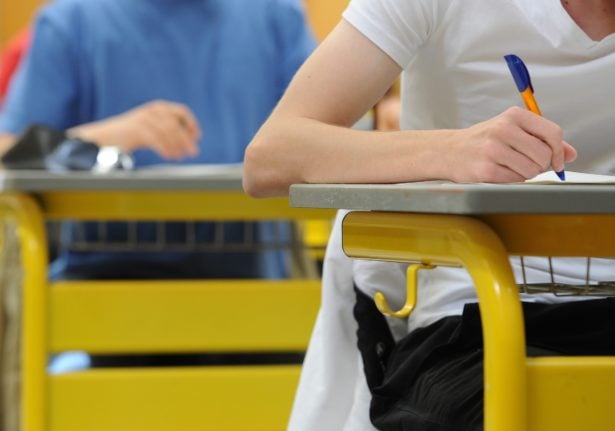
What are the fines for taking children out of school?
Parents who are caught taking their child or children out of lessons on holiday without an excuse face a fine, which varies depending on the federal state and the school authority.
In general, the fine can be up to €2,500. In Rhineland-Palatinate the limit is €1,500, it’s €1,000 in Baden-Württemberg and Bavaria, and up to €2,500 in Berlin.
Can you say your child is sick?
If you are denied a leave of absence from the school, it would be a little suspicious to call into the school to say your child is sick at the time you planned to go away.
In this case, the school has the option of requesting a medical certificate. If parents provide one, the school will accept it. However, there is a chance that the school would investigate this further depending on the circumstances.
So is it worth it? It’s a personal decision but it doesn’t seem like it. The risk of being caught playing truant is relatively high and can cause a lot of trouble with the school or even the police if it escalates. If you also get fined, the earlier start to your holiday would not be worth it financially. either.
Vocabulary
Fine – (die) Geldstrafe
Holidays – (die) Schulferien
To skip school or work/play truant – blaumachen
We’re aiming to help our readers improve their German by translating vocabulary from some of our news stories. Did you find this article useful? Let us know.

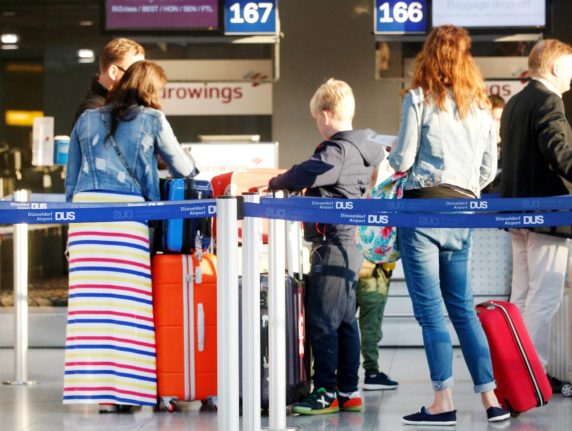
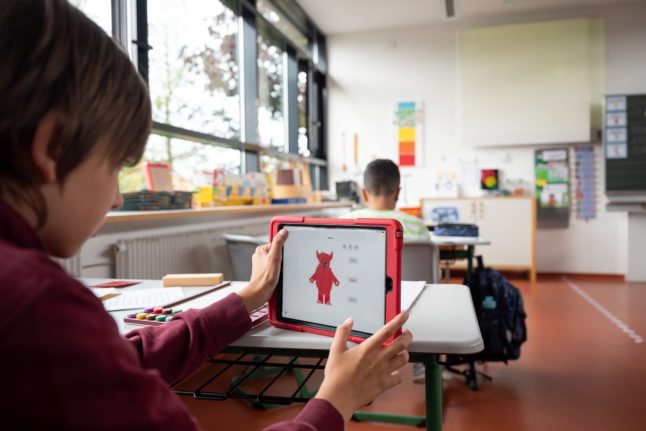
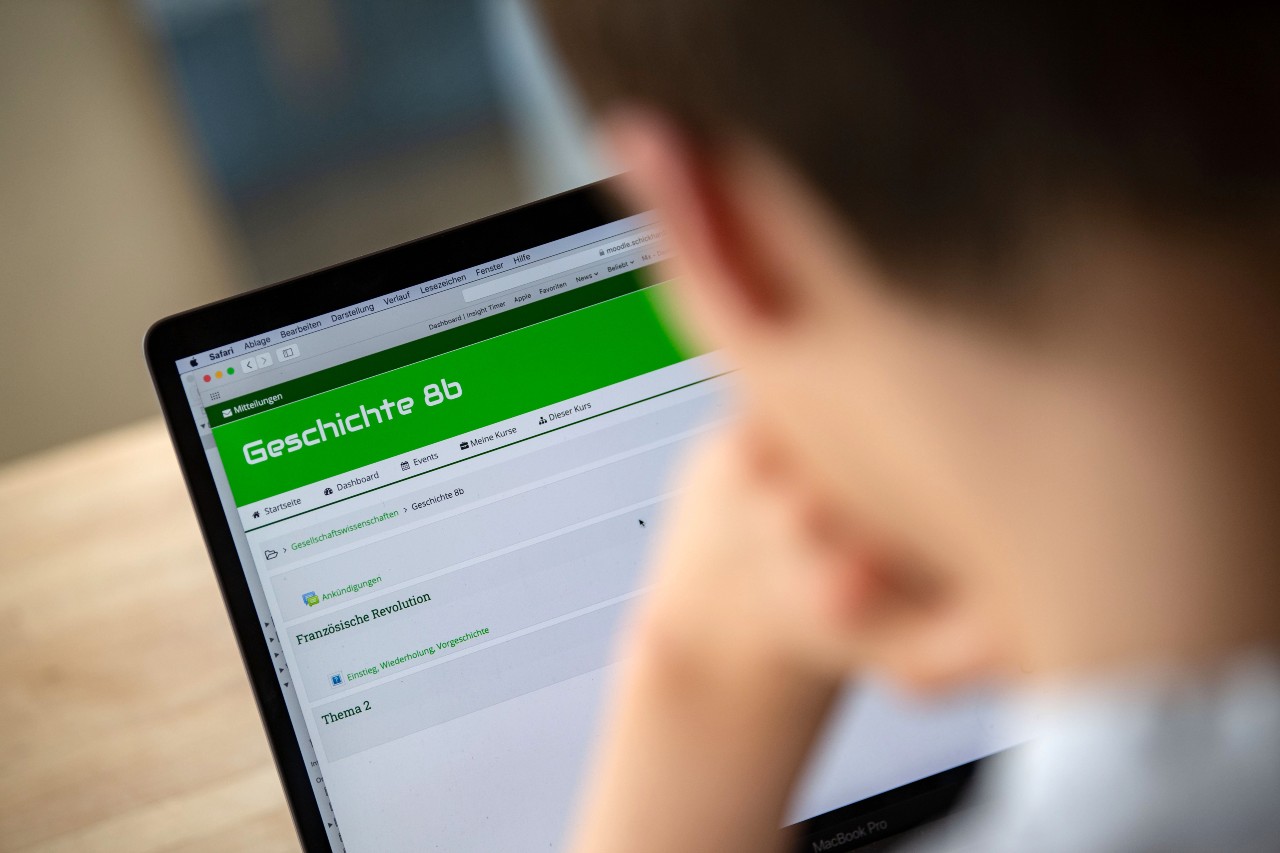
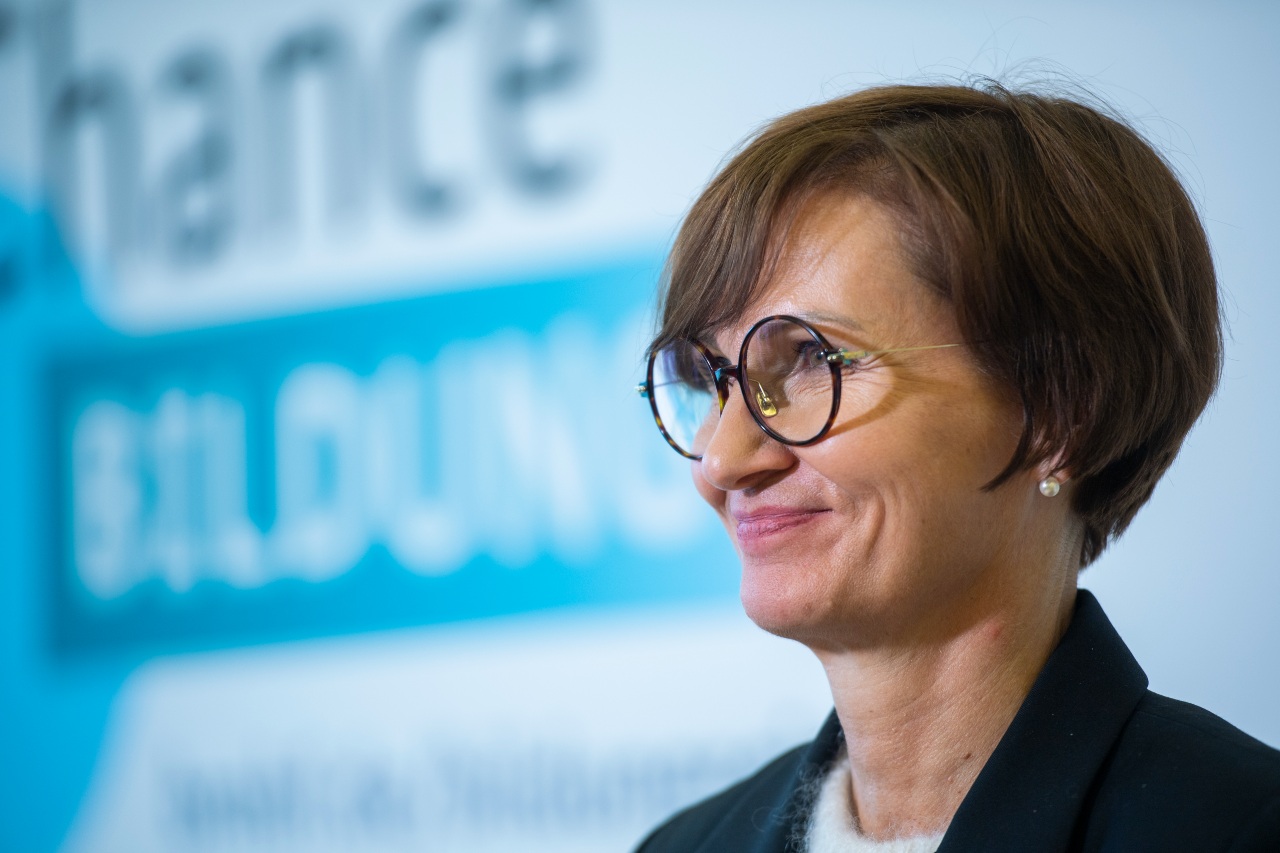
 Please whitelist us to continue reading.
Please whitelist us to continue reading.
Member comments